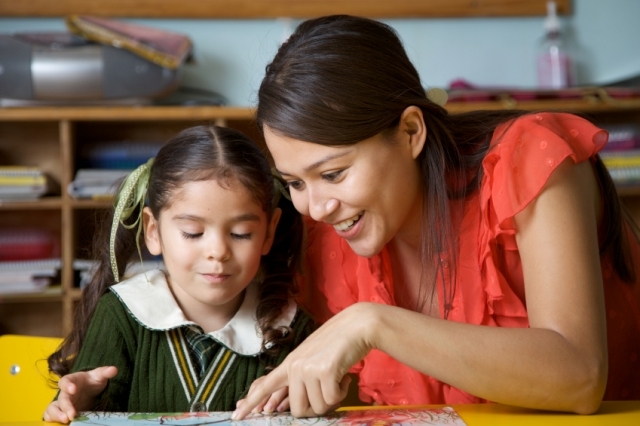Doctor Hitoshi Maeshima contacted ICDP in 2010, and since then he has been working on spreading ICDP to his country.
In 2023, Hitoshi held a course in ICDP in a health centre in Tokyo, attended by a group of parents. This was to be his last ICDP engagement as sadly he suddenly got ill and after a short illness he passed away. However, the staff at clinics, preschool and older people home, that he had trained continues to apply the key aspects of the ICDP programme.
2022: ICDP at a vaccination clinic
2021: ICDP in a nursery school
2020:ICDP in a care home in Japan
EARLIER DEVELOPMENTS:
His efforts include studying the ICDP material, translating key documents into Japanese, as well as contacting and informing about ICDP different groups and networks in Tokyo. Rozak Tatebe translated the document called “What has research taught us” by Nicoletta Armstrong. Another colleague Soichi Masuya, a qualified social worker, became very interested to apply ICDP in the field of care for older people and has translated the book ”Guided interaction with the elderly”, by Karsten Hundeide and Karin Edenhammar.
In March 2012, Dr Hitoshi and his colleague Setsuko Kobayashi, a Japanese psychotherapist, attended an ICDP training workshop in England and in June 2012 the first training workshop for a group of 20 professionals was held in Tokyo. The ICDP methodology was well received by our Japanese colleagues both at the workshop in England and the workshop in Tokyo which was held by visiting ICDP Danish trainers. After the workshops, Hitoshi implemented the ICDP programme by runnning a course for a group of parents. At one of the meetings a participant mother shared an interesting personal story illustrating the meaning of ICDP guidelines in practice.
The aftermath of the 2011 Tohoku earthquake and tsunami included both a humanitarian crisis and massive economic impacts. The tsunami created over 300,000 refugees and resulted in shortages of food, water, shelter, medicine and fuel for survivors. It is in this region that Setsuko Kobayashi decided to implement the ICDP programme and the ICDP meetings took place in Tomecho, Tome-City, Miyagi prefecture, in the Tohoku region on the Honshu island. Setsuko explains: “I am happy that I managed to organize ICDP meetings in the Miyagi prefecture, an area that was greatly damaged by the earthquake. I am also glad that the participants were all educators covering different fields (teachers, school counselors and nurses). Among them were some who had lost their family or their homes due to the Tsunami. I am heartily grateful to all people who cooperated in the ICDP meetings. All participants reported in the questionnaire that there were changes in their family, children and themselves. ICDP in Japan took its first small step in Miyagi prefecture.”
In her field diary Setsuko recorded the impressions of some of the participants:
“Through my attendance of the ICDP meetings, I have started to accept my family and myself in a more positive way. This has happened as a result of trying to convey a positive feeling and love to my child and family. Now I find myself often reflecting about which guidelines are appropriate in different situations.”
“As a result of making a change in the way I interact with my children, my children and I are now able to solve problems together. My children have started to make efforts to abide by their own decisions and they do that by themselves. They are now also beginning to express their own feelings.”
“Thanks to ICDP I have became aware that my approach to dealing with children who are experiencing problems in my class, was mostly by talking and regulating their behaviour. Now I understand that the ‘emotional dialogue’ should come first. Having realized this, I consciously started to become closer to the children and to express feelings of love towards them in my own way. As a result, the children have also become able to express their feelings more openly and collisions are decreasing.”
“I have realized that I should acknowledge and love myself within myself and that the way I am is actually satisfying enough. I was made to think deeply about the fact that it is OK to remain myself. I am very happy and have found peace which has enabled me to consider matters with greater ease.”
2015 – Training and reflections on ICDP

